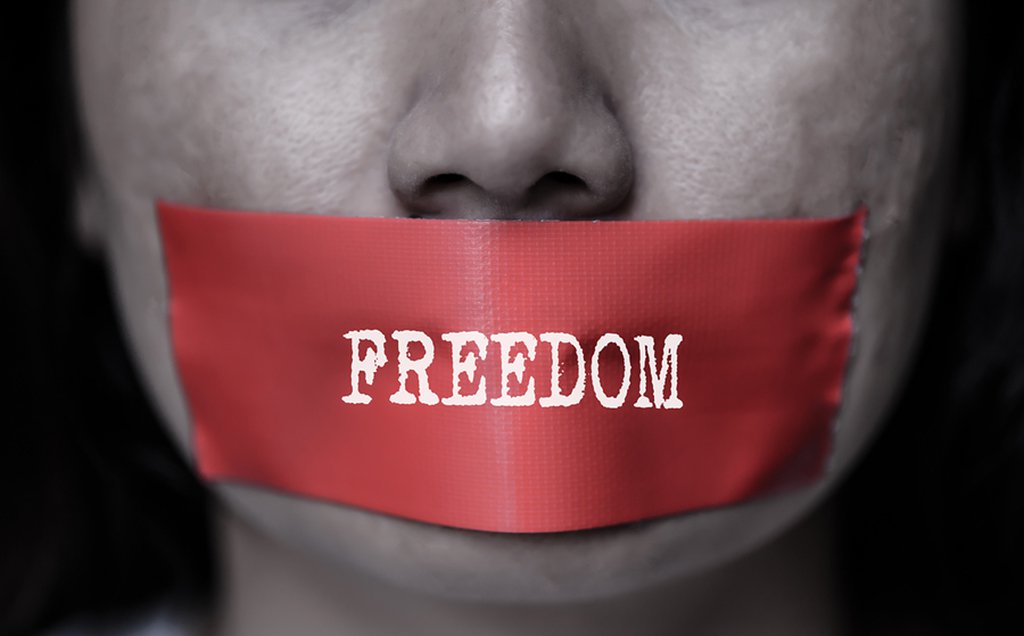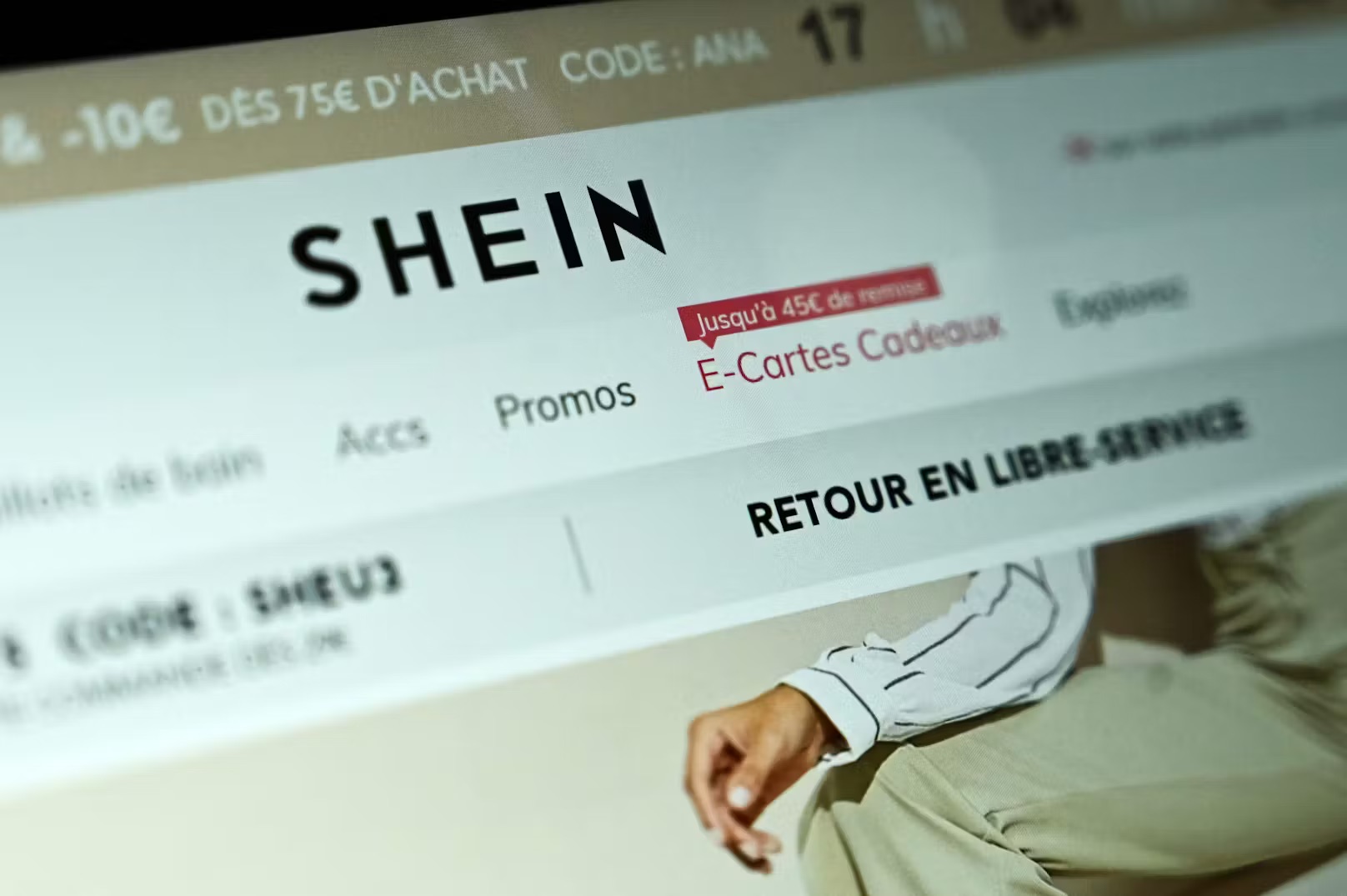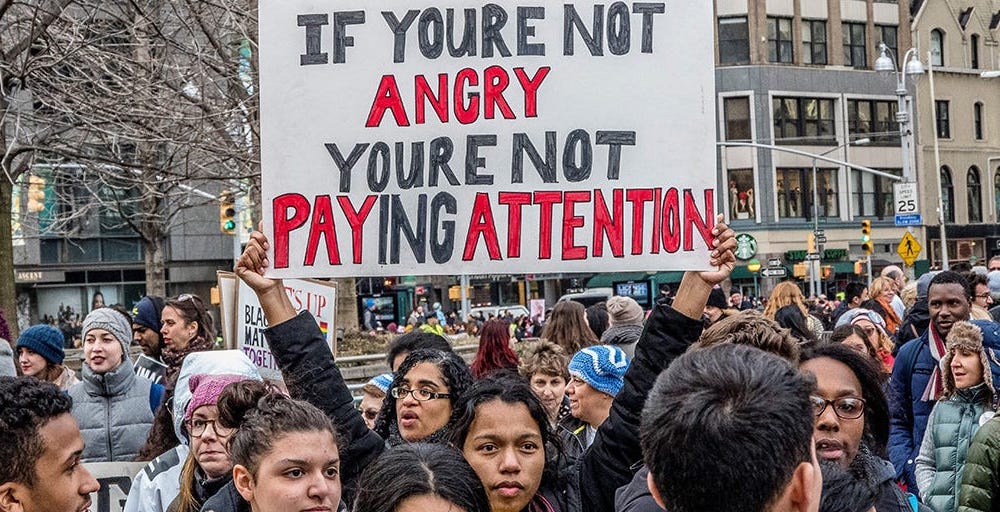Now Reading: Sharmistha Panoli’s Case: Question on Free Speech
-
01
Sharmistha Panoli’s Case: Question on Free Speech

Sharmistha Panoli’s Case: Question on Free Speech
Sharmistha Panoli, a 22-year-old law student and social media influencer, who was arrested by West Bengal police on May 30, has ignited a fresh controversy in India, raising critical concerns and questions about freedom of speech in India, religious sensitivities, and the boundaries of digital expression. Panoli’s case, which stemmed from a now-deleted Instagram video, has drawn sharp political divides, international attention, and legal scrutiny, with her recent interim bail offering only a temporary relief to an ongoing controversy saga.
About the controversial video, which led to her arrest
On May 14, 2025, Sharmistha- a fourth-year law student and a social media influencer with about 175,000 followers posted a controversial video criticising Bollywood celebrities, particularly Muslim actors, for their silence on “ Operation Sindoor” – India’s military strike against terror camps in Pakistan-occupied Kashmir following the Pahalgam terror attack. The video was laced with abusive and communal remarks, including derogatory references to the Prophet Muhammad. This sparked immediate backlash online, including death threats and severe criticism towards Sharmistha.
On May 15, after severe criticism, Sharmistha deleted the video and issued a public apology stating, “I do hereby tender my unconditional apology. Whatever was put are my personal feelings, and I never intentionally wanted to hurt anybody, so if anybody is hurt, I’m sorry for the same.” Despite her apology, a complaint was filed by Wajahat Khan, general secretary of the Kolkata-based Rashidi Foundation, at the Garden Reach Police Station in Kolkata, accusing Panoli of promoting communal hatred and insulting religious beliefs. The case was registered under section 196(1) (a)- promoting enmity between different groups on grounds of religion, race, place of birth, residence, language, caste, or community, Section 299- deliberate and malicious acts intended to outrage the religious feelings of any class of citizens, Section 352- intentional insult with the intent to provoke a breach of peace, Section 353(1)(c)- statements that incite public mischief, of the Bharatiya Nyaya Sanhita. And on May 30, Sharmistha was apprehended in Gurugram, Haryana, and the West Bengal Police brought her to Kolkata on transit remand.
Legal Battle and Bail
Initially, Sharmistha was denied bail on June 3 by Justice Partha Sarathi Chatterjee, who stated, “Freedom of speech doesn’t mean you will go on to hurt others.” However, on June 5, Justice Raja Basu Chowdhury granted interim bail on a ₹10,000 bond, considering Panoli’s age, status as a law student, and willingness to cooperate with the investigation. The court further ordered police protection for Panoli due to reported death and rape threats, and directed authorities to merge all related FIRs into a single case in Kolkata to streamline the investigation.
While it is expected that the court will give a landmark judgement in this case deciding the scope of free speech used by influencers and celebrities on social media platforms, the question here arises – what about the use of free speech by people giving rape and death threats openly on social media platforms? What about an ordinary man spreading communal hatred on social media through comments? Is reporting the comment and getting it deleted enough? Can the freedom of speech supersede the right to a dignified life guaranteed under Article 21 of the Indian Constitution?









